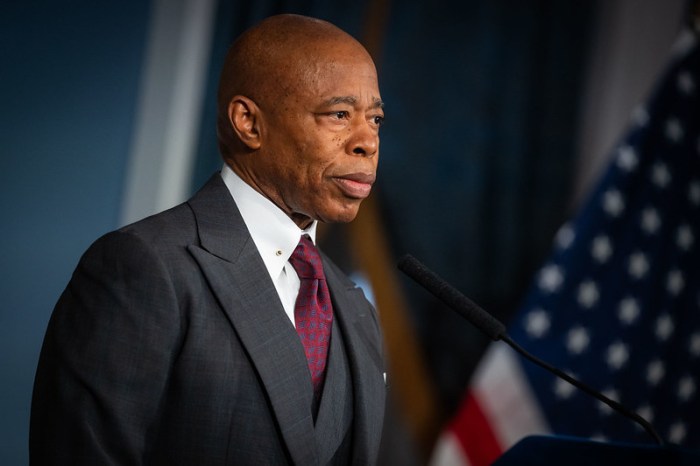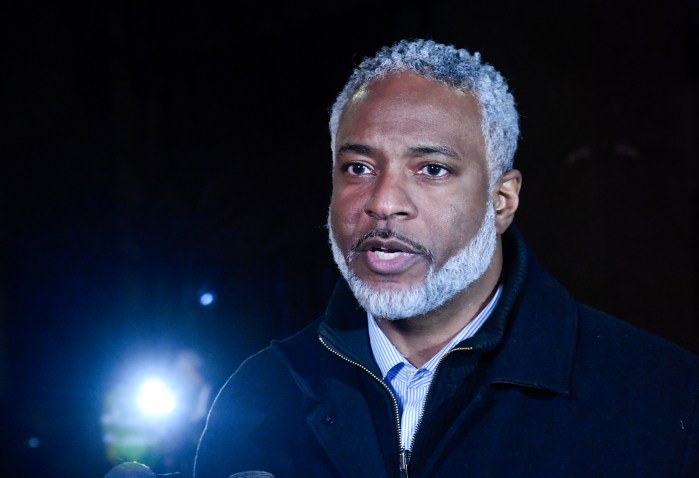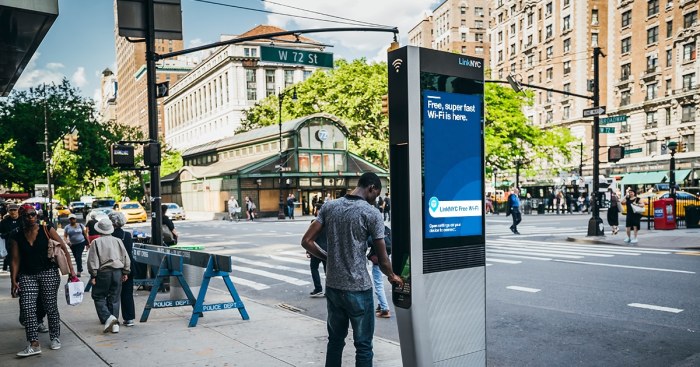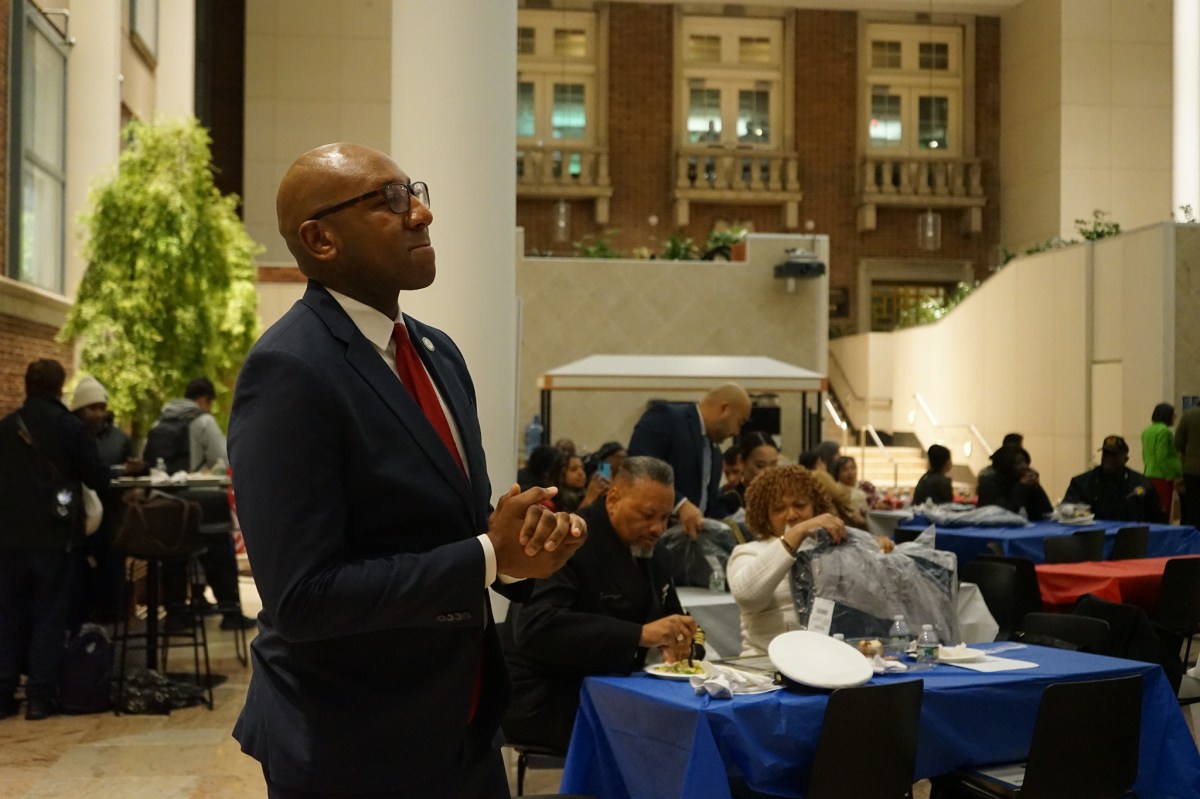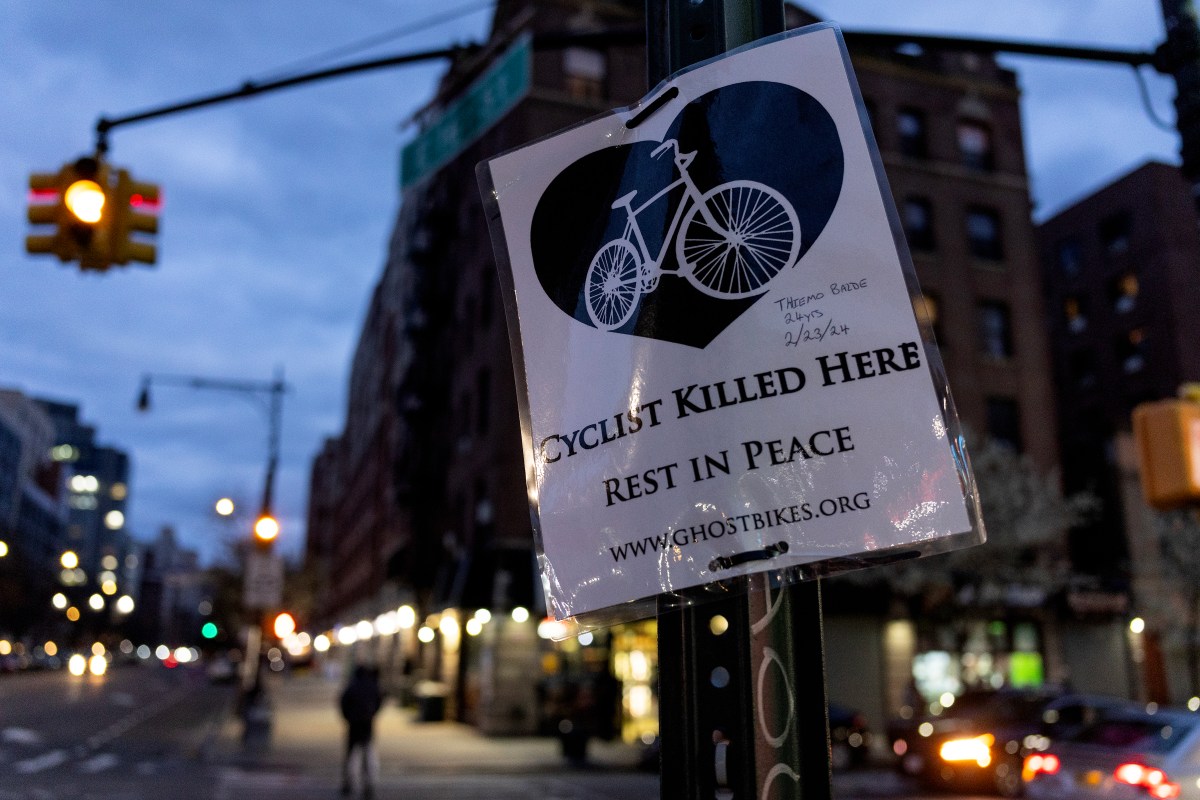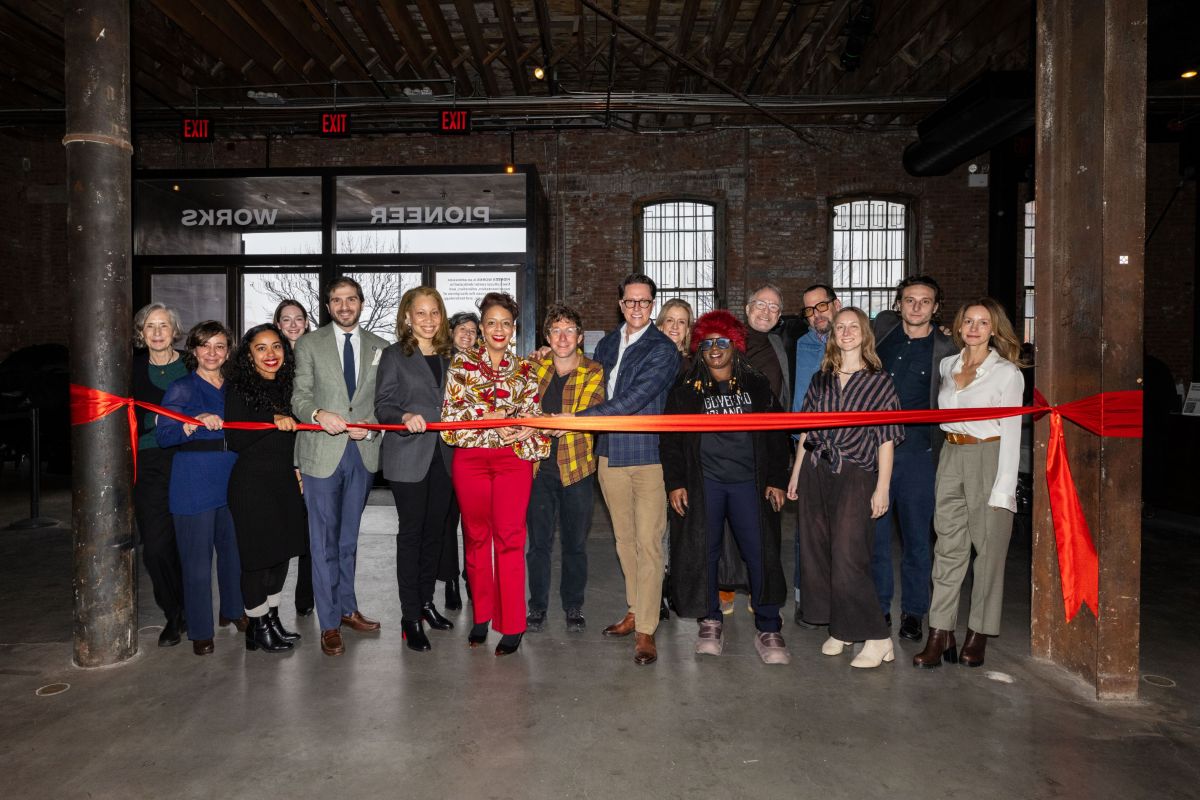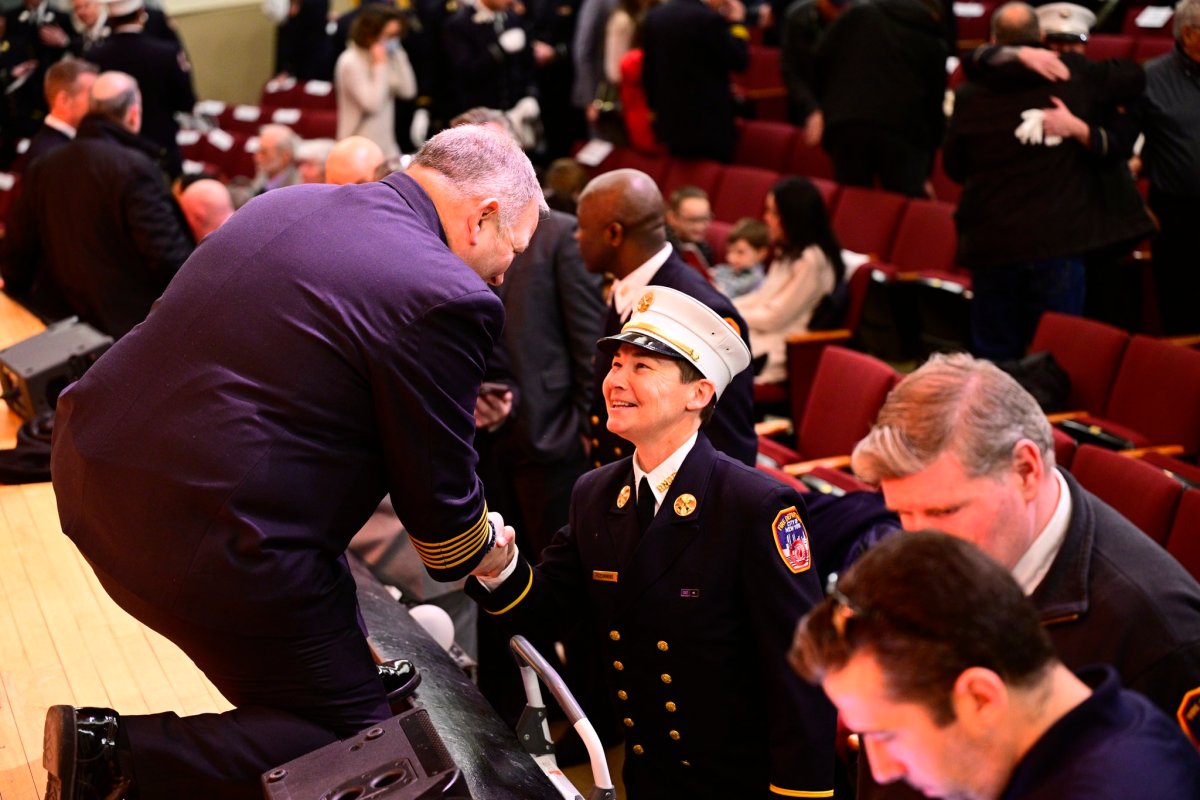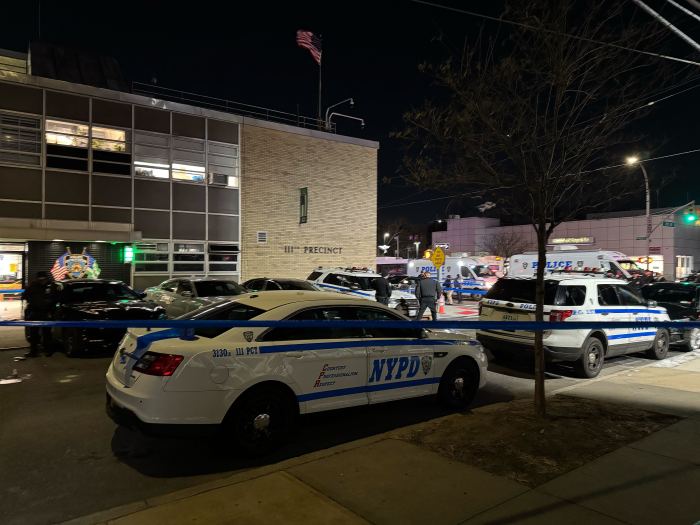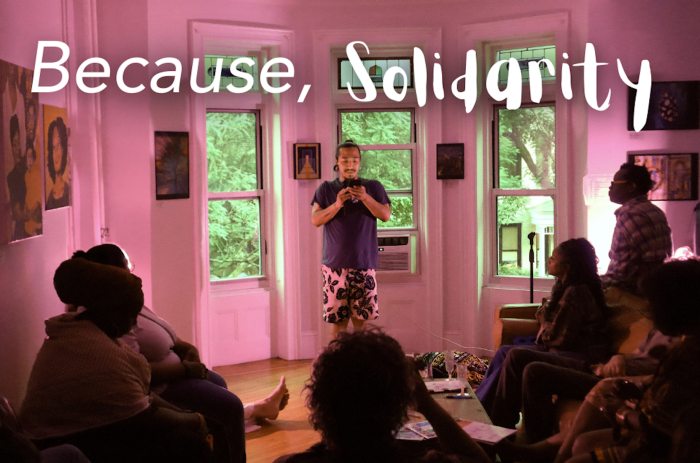BY PAUL SCHINDLER | By a nearly 10-1 margin, Manhattan voters rejected the candidacy of President-elect Donald Trump on November 8. The shock of his upset victory, coupled with the widely held view that he is unfit to hold the nation’s highest office — not to mention the world’s most powerful post — created a sting that for many has not come close to wearing off.
Among the protesters who have descended on Trump Tower, there is a widespread belief that the next president should not be “normalized” lest his extreme views on a wide range of issues be taken as reasonable starting points for negotiation. The president-elect did himself no favor on that score in his selection for White House senior counselor of Steve Bannon, a self-professed alt-right champion who somehow managed over the past four years to make Breitbart.com even crazier and more irresponsible than it had been under its late founder.
Even as Trump’s critics debate the appropriate posture to take toward him as he assumes office, there are some concrete issues New Yorkers need to start thinking about in terms of what the future holds.
EXPRESS OURSELVES
For years, under a succession of mayors, New York has held itself out as a “sanctuary city,” where immigrants, whether documented or not, could feel safe, knowing that municipal law enforcement and other administrative powers and resources would not be employed to backstop the federal government’s targeting of peaceful, law-abiding residents for deportation or other punitive measures. Trump and his loudest supporters have expressed outrage at local governments thumbing their nose at federal authority in this way. The new administration is likely to punish sanctuary cities, and New York must show the sort of resolve that Mayor Bill de Blasio has repeatedly pledged in recent weeks so we do not become handmaidens of Trump’s noxious anti-immigrant jihad.
Even without a change in policy, Trump’s rhetoric has already led to baleful results — with widespread reports, even in New York, of harassment and hate crimes aimed at immigrants, especially those whose appearance suggest they are Muslims. The NYPD in recent years has demonstrated a strong commitment to battling hate crimes, and the police, joined by prosecutors and the mayor, must keep up a policy of zero tolerance for harassment and violence aimed at immigrants, religious minorities (including Jews, who, like West Side State Senator Brad Hoylman, have experienced a recent uptick of anti-Semitic attacks), and other groups.
Another area where Manhattanites must exercise vigilance is in schools, not only regarding harassment of immigrants and religious minorities, but also in the treatment of LGBT students. New York State has an anti-bullying law protecting students based on categories including sexual orientation and gender identity, but Trump’s selection of Alabama Republican Senator Jeff Sessions as attorney general and Betsy DeVos as education secretary — both social conservatives with harshly anti-gay records — clearly points to a reversal of the Obama administration’s aggressive efforts to ensure safety and dignity for LGBT students in the nation’s schools.
New York need not change its current policies, but administrators and teachers should be mindful that rhetoric voiced at the highest levels in Washington could well demean earnest advances made in recent years in creating a climate where all students enjoy the protections youth need so they can focus on their education. Backsliding in the commitment to all students is not an option in New York, which ideally should be a model for how public schools can celebrate difference while promoting excellence.
Another major challenge New York is likely to face will come from Trump’s threatened dismantling of Obamacare, something which now seems more likely given the nomination of Georgia Congressmember Tom Price as secretary of health and human services. Price’s appointment not only imperils the broader availability of coverage through the employer mandate and the state exchanges, but also the Medicaid expansion that made health care available to larger numbers of low-income Americans. Despite Trump’s campaign pledges regarding the sanctity of Medicare, Price has long been an advocate of the most radical Republican proposals for restructuring — read, privatizing — that program and turning complete responsibility for Medicaid over to the states, of course with less funding attached.
All of this is bad news for New York: fewer people with health coverage, the real possibility that pre-existing conditions might once again be used to deny coverage, and more meager public support for Medicare and Medicaid. And this is not even taking account of the way in which Obamacare has provided substantial incentives for the emergence and growth of community-focused nonprofit health centers serving neighborhoods where preventive care had previously been scarce.
New York has always patted itself on the back for being a place that tried to take care of all its citizens. Should the new administration reverse course on social safety net advances made by past administrations from Obama all the way back to FDR, this city will be put to the test. If we believe Trump’s vision is misguided, we need to put our money where our mouth is and point to a different way.



